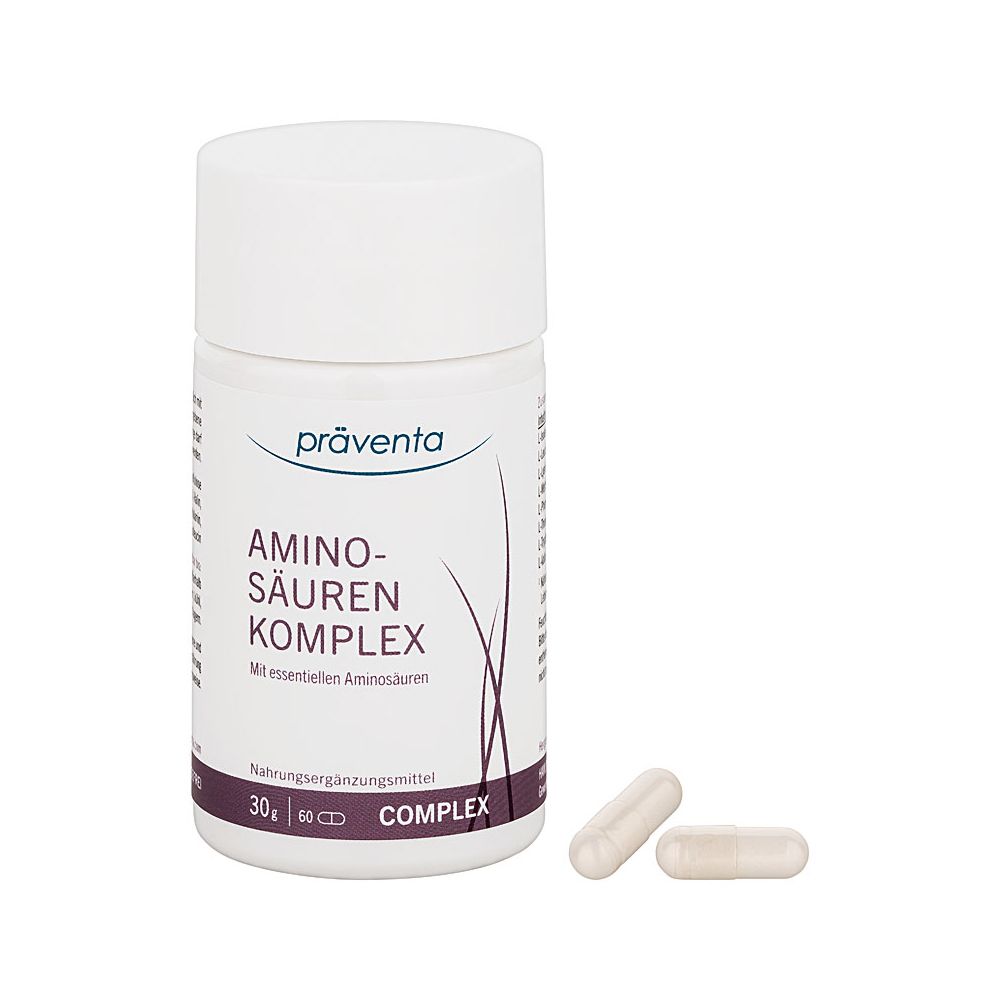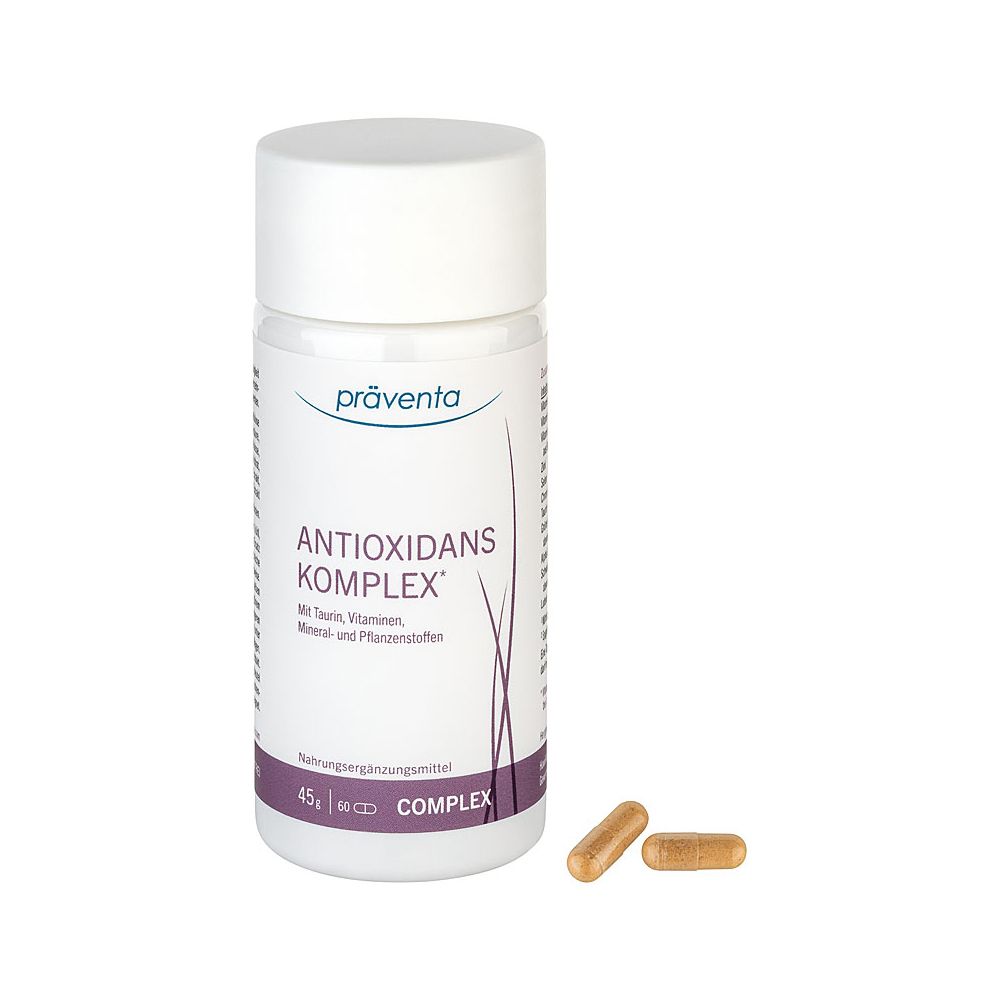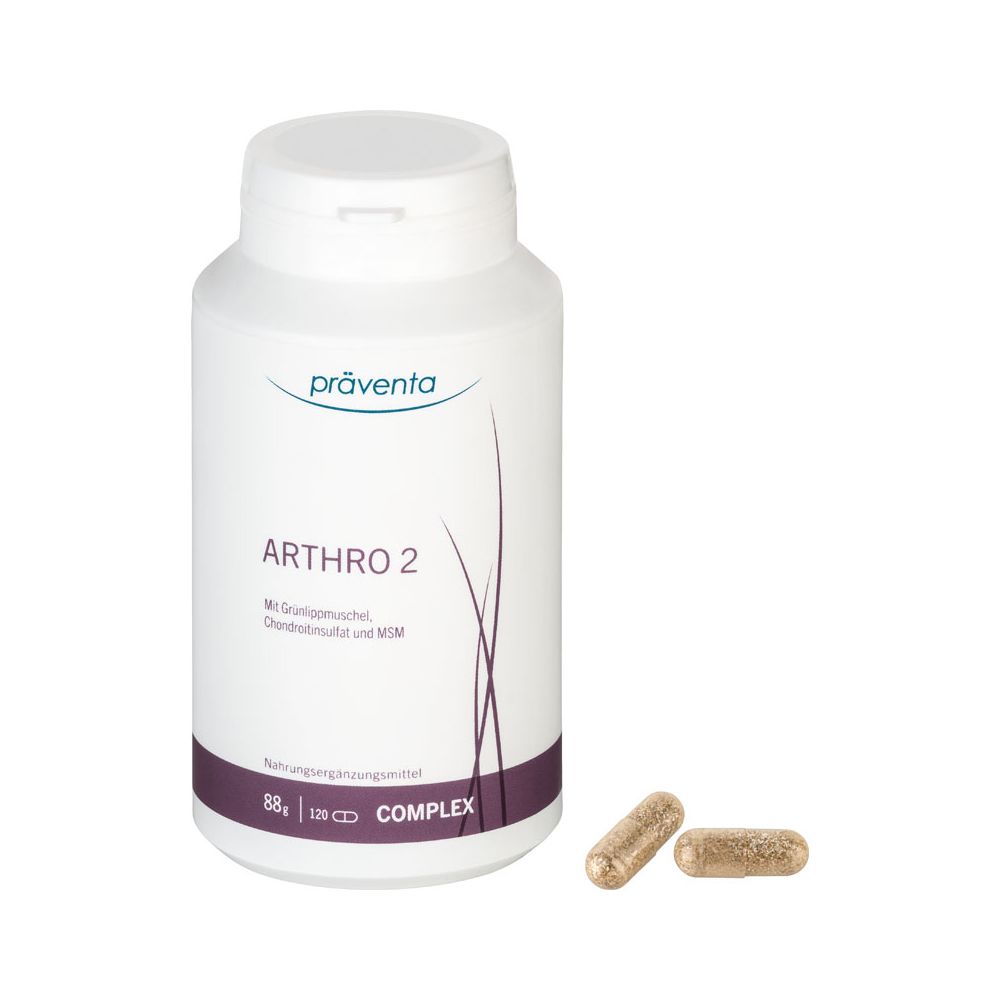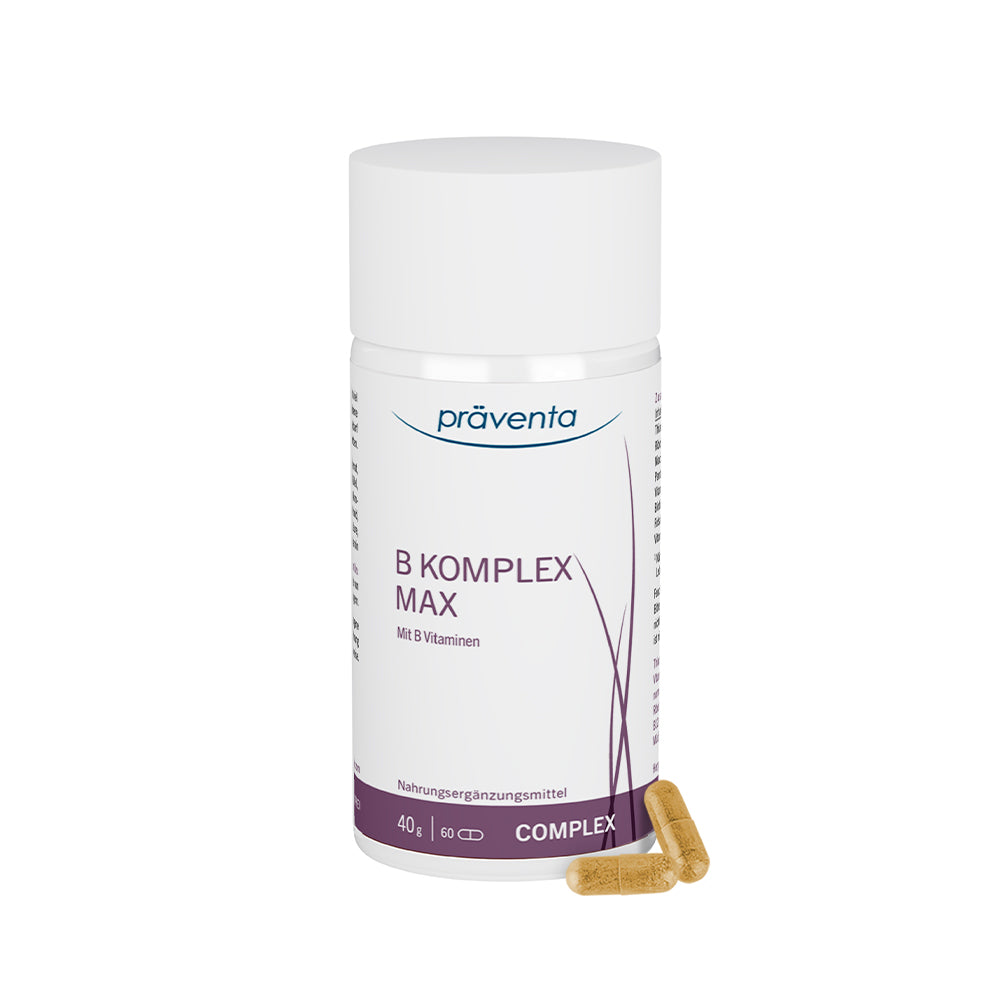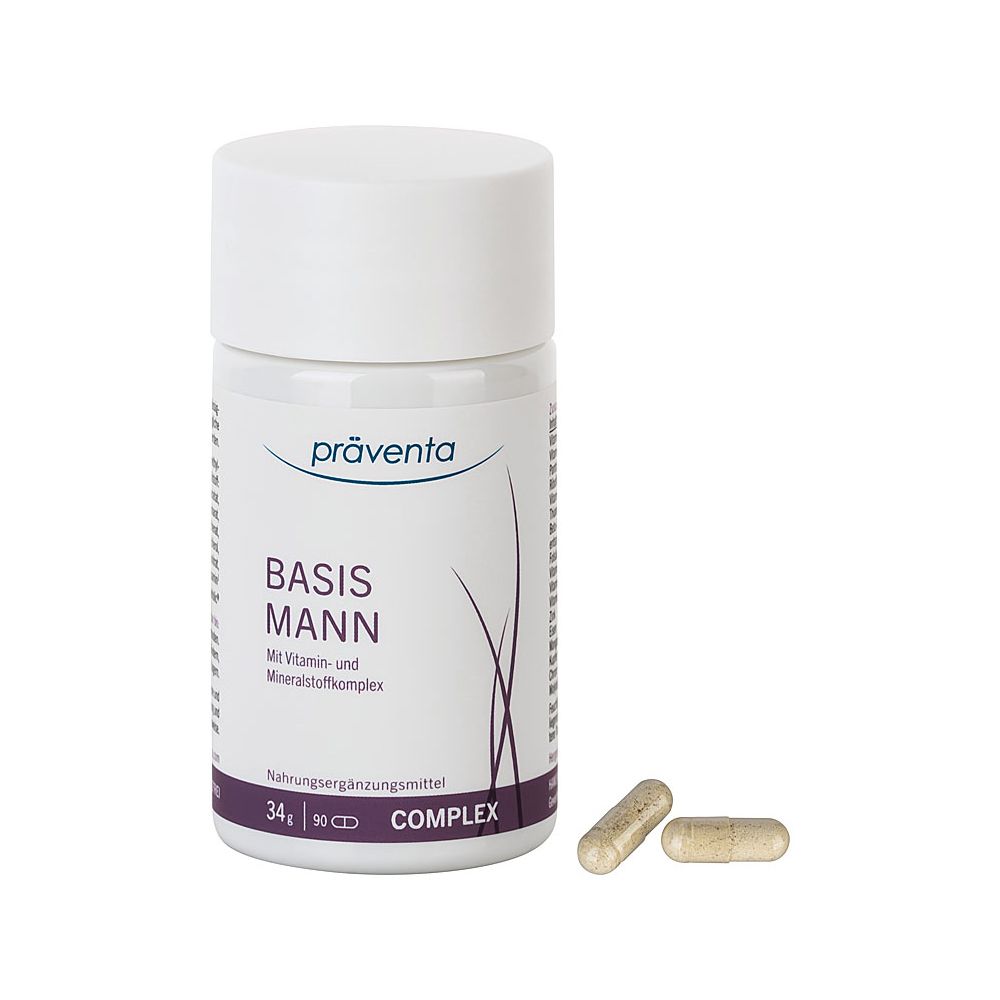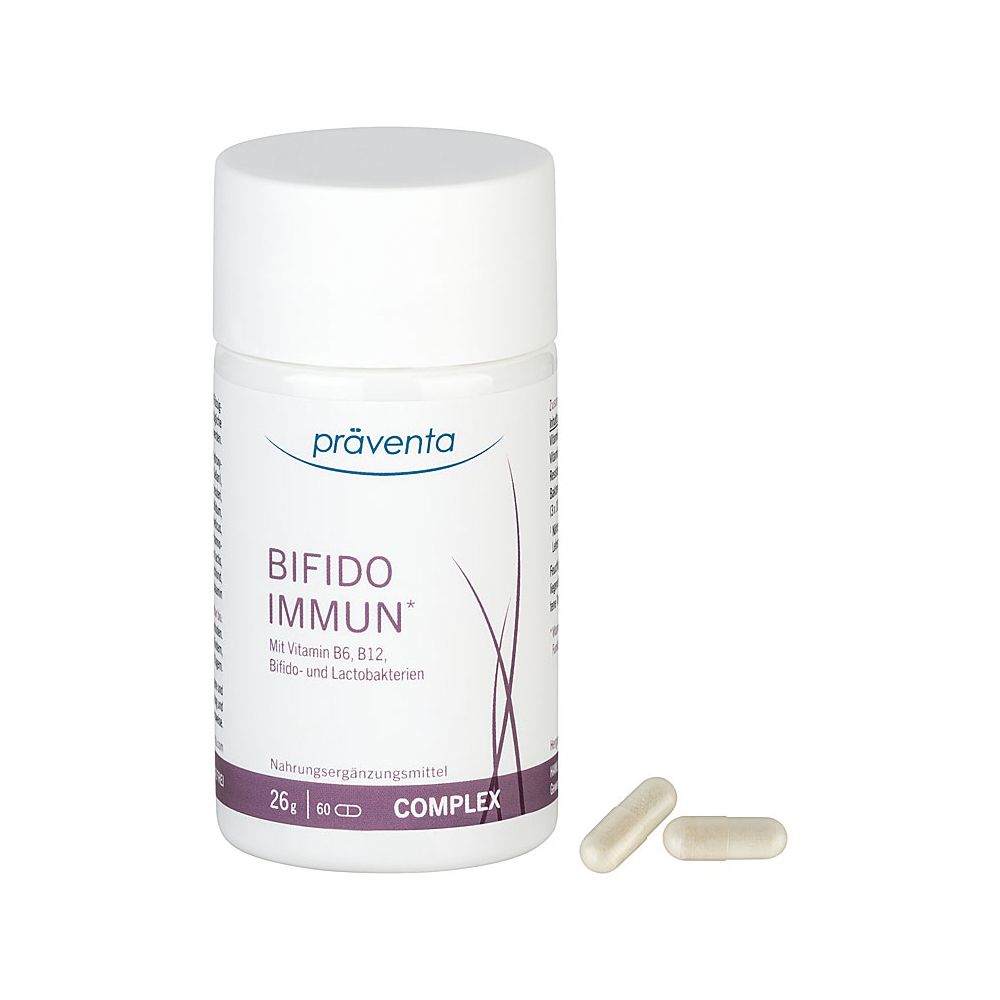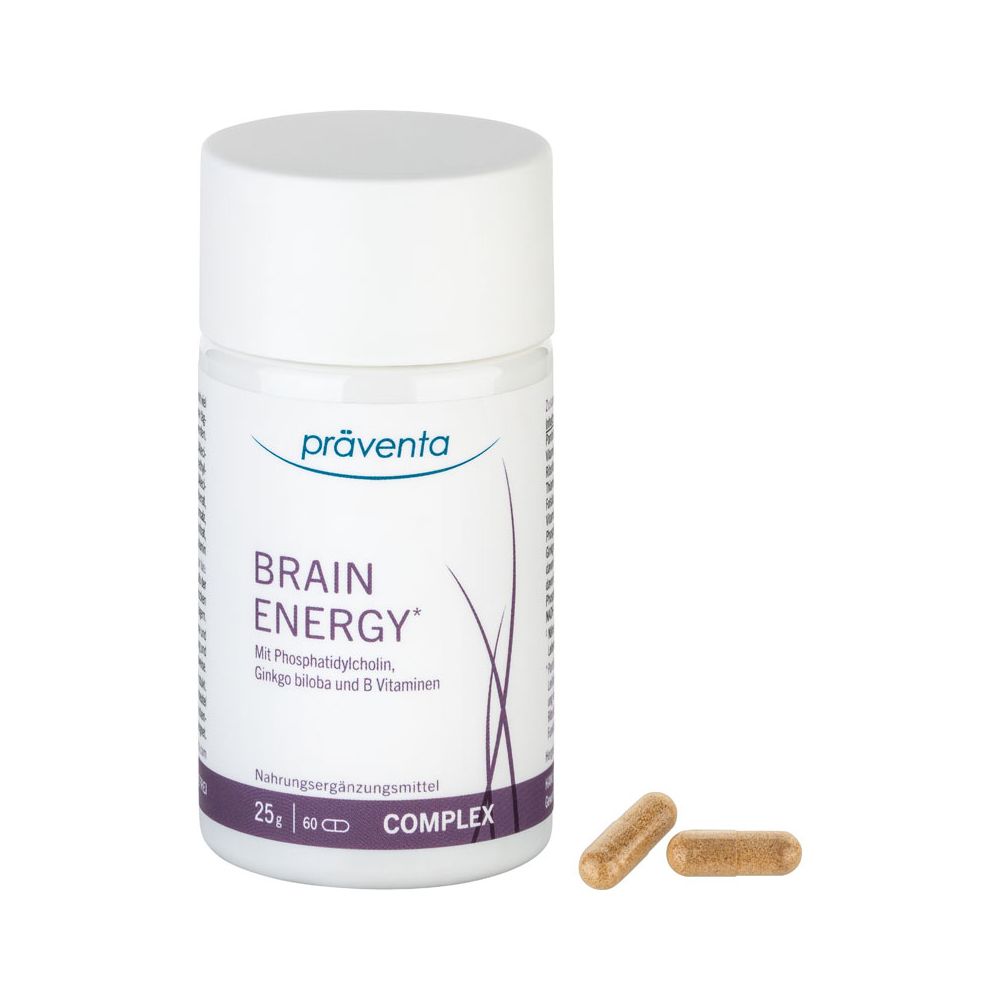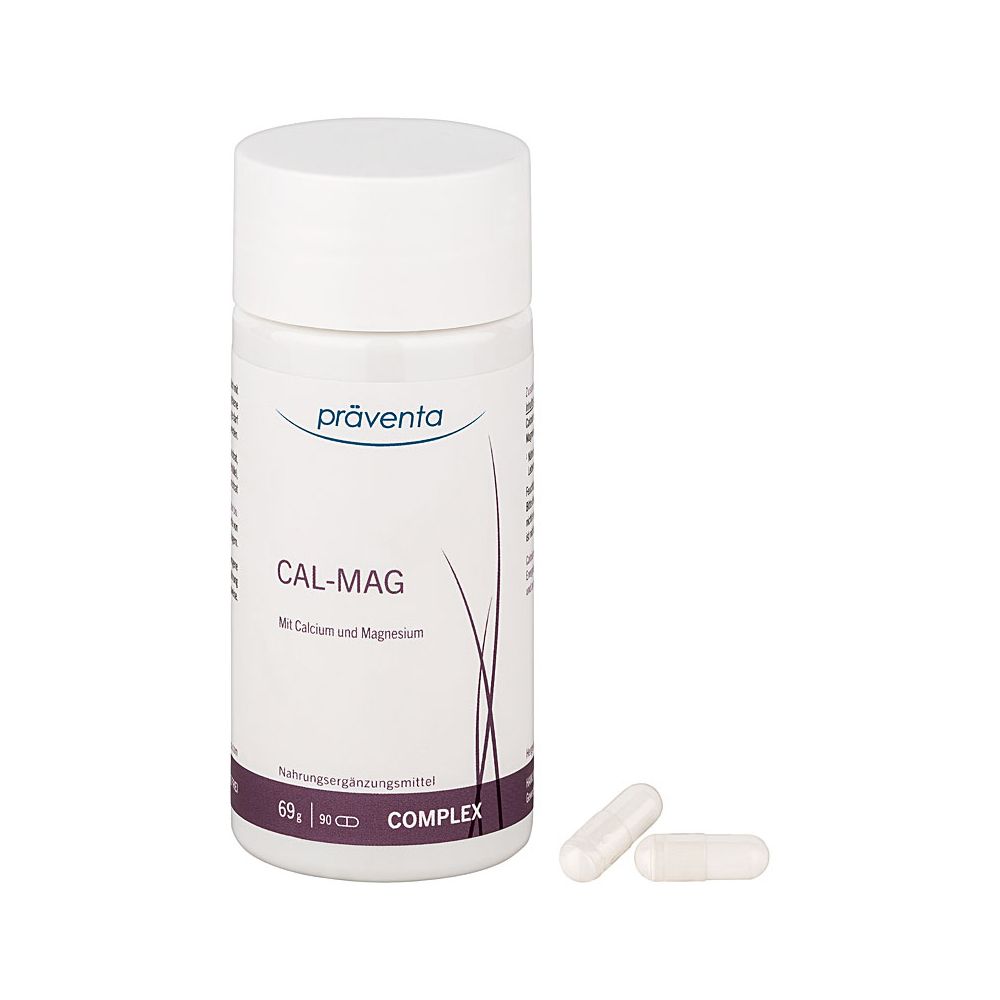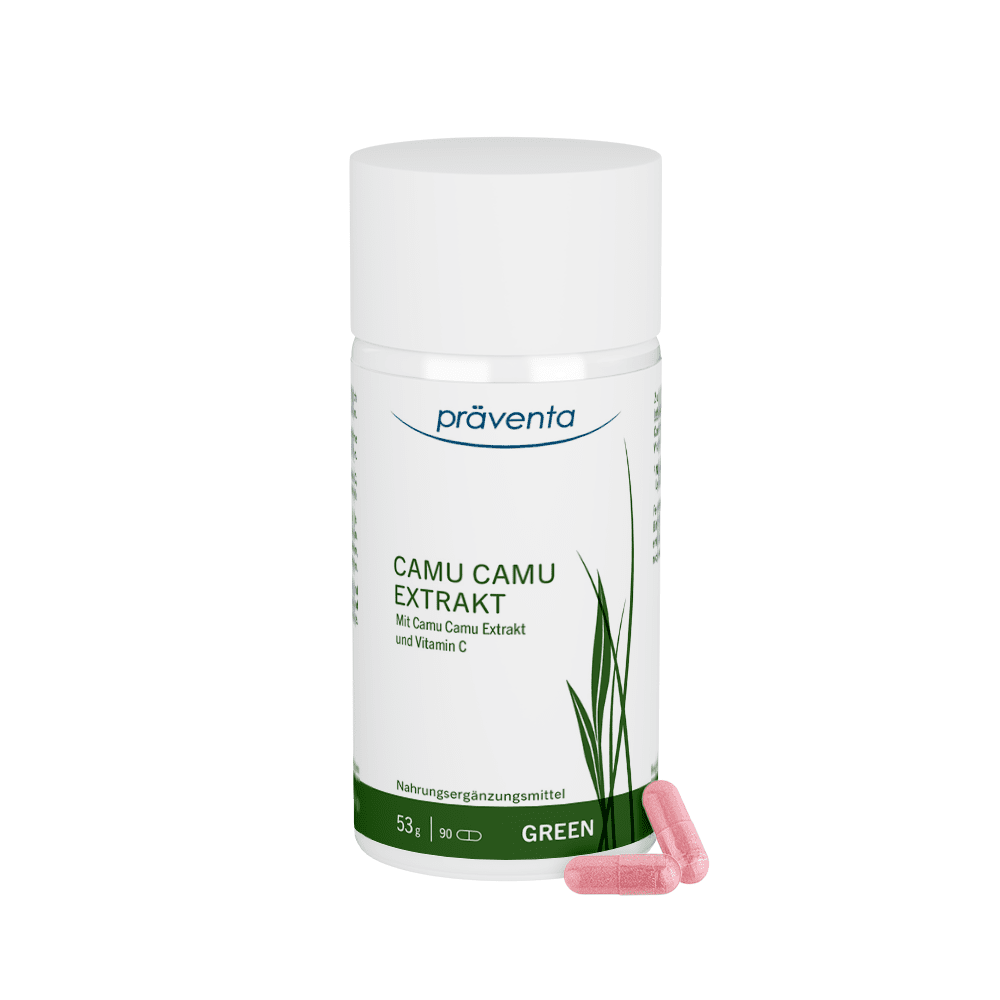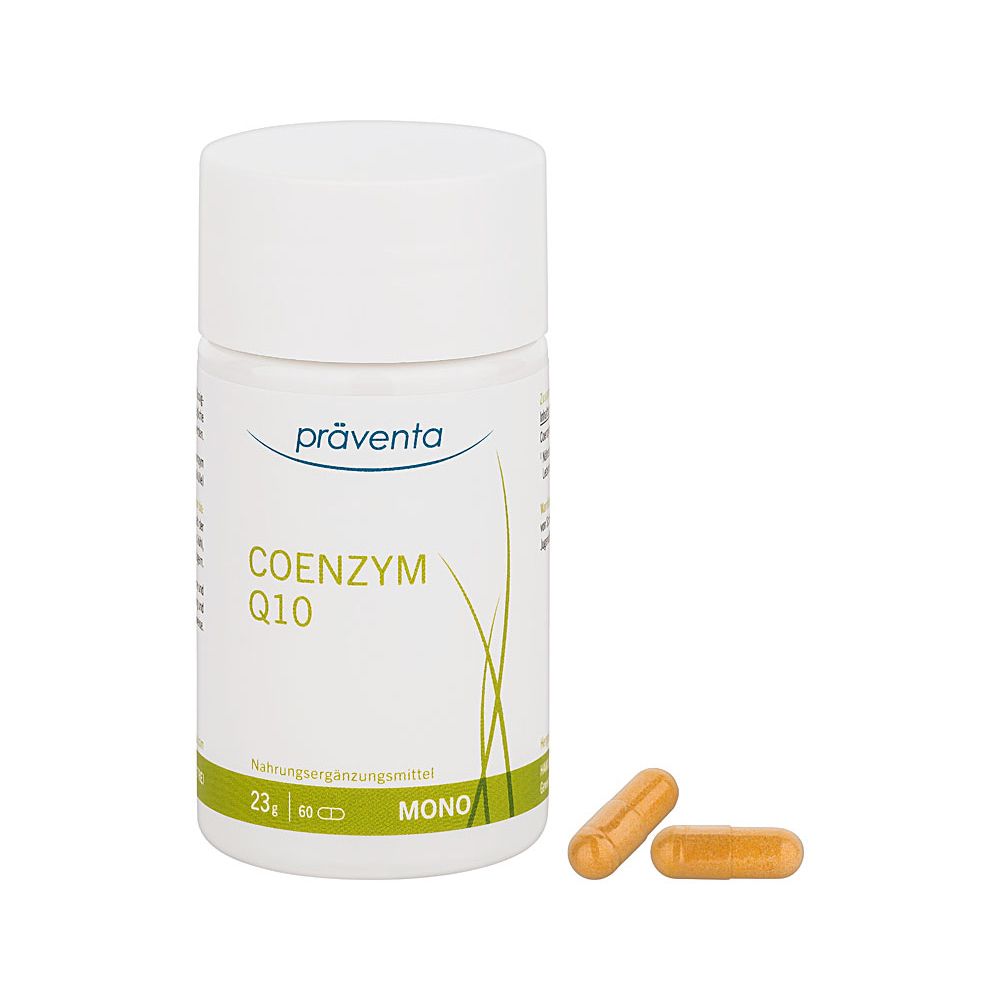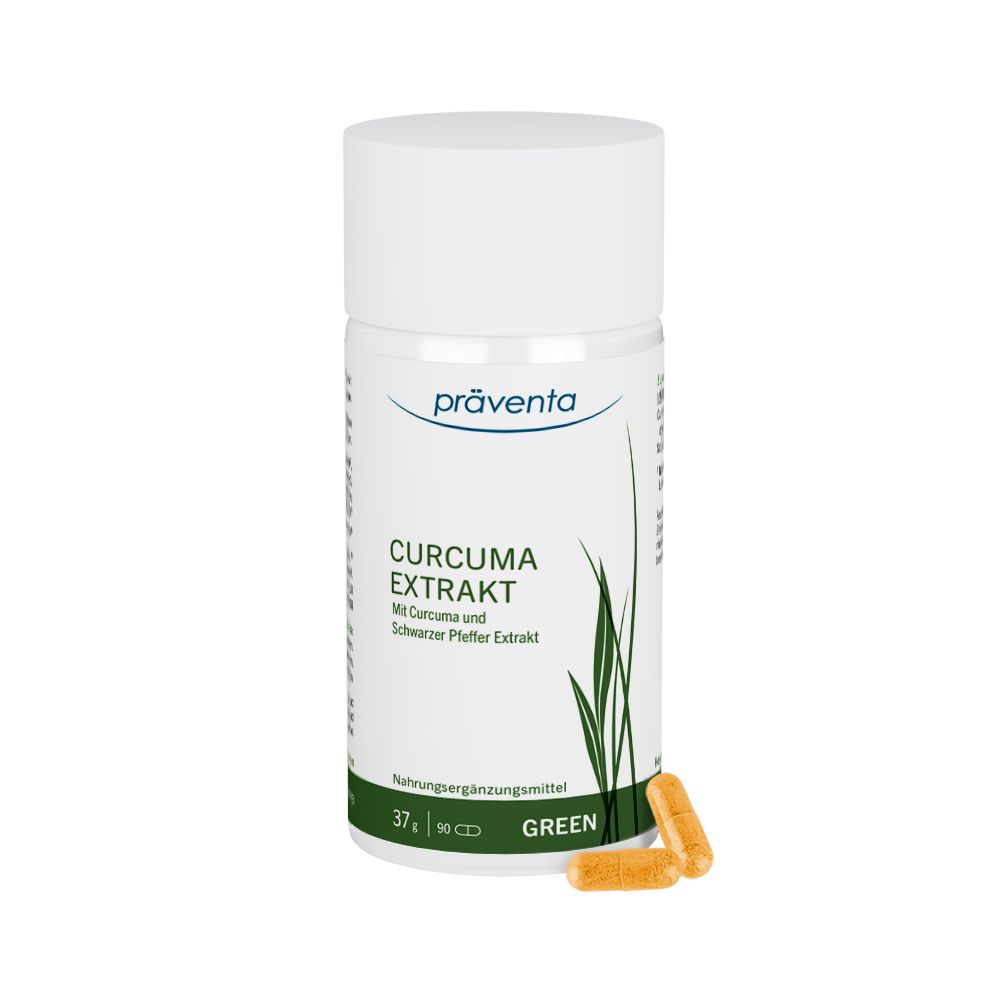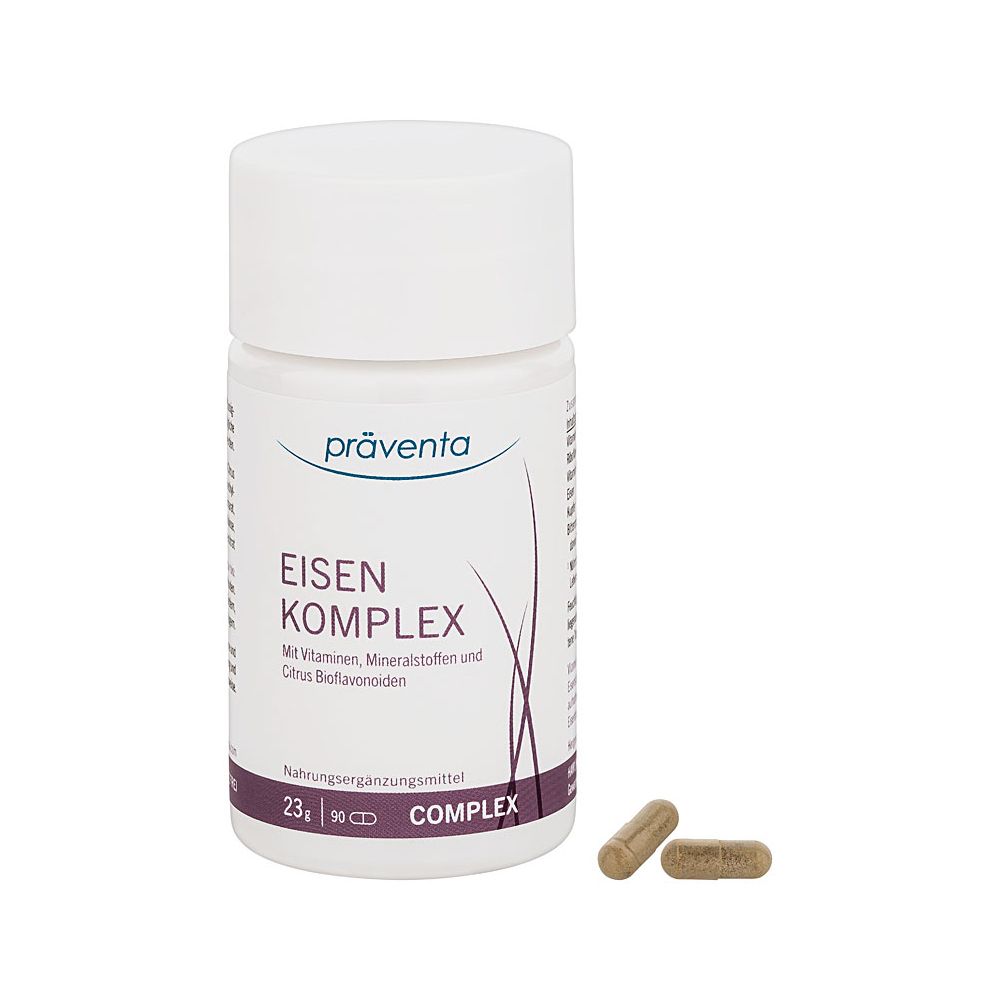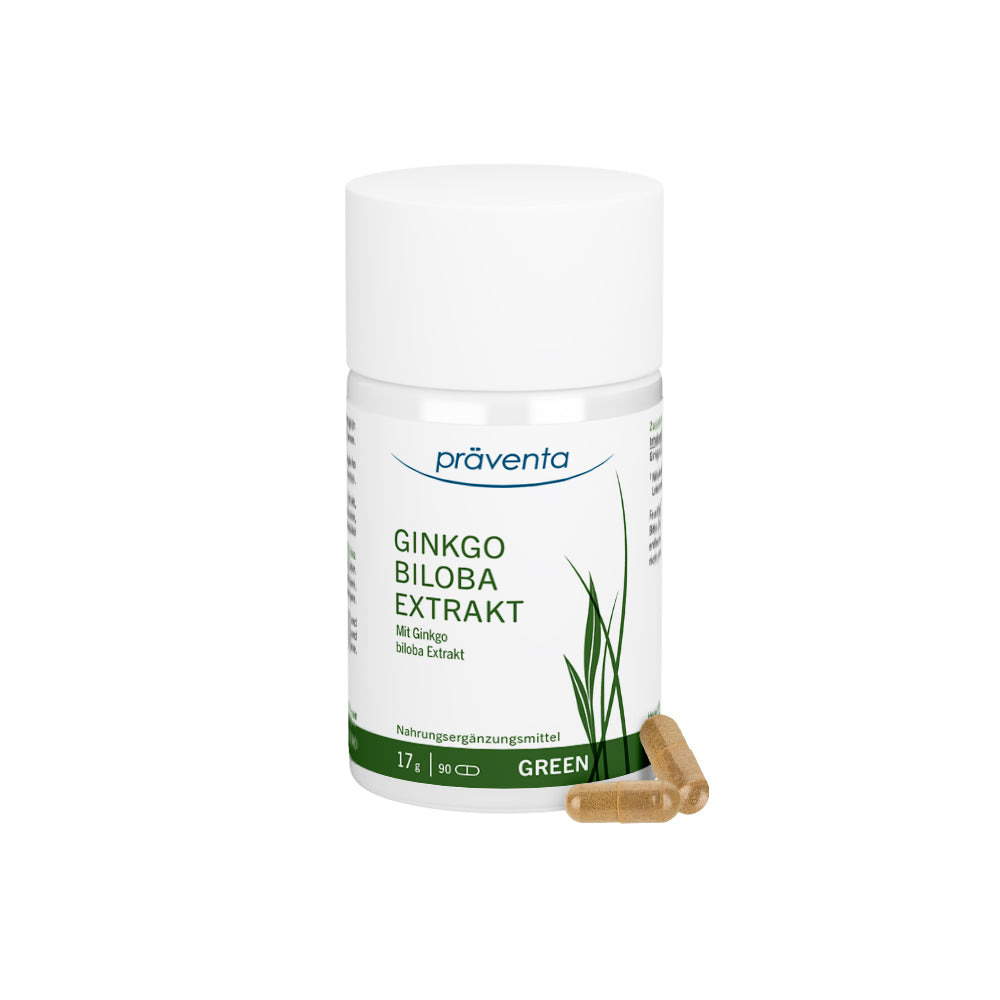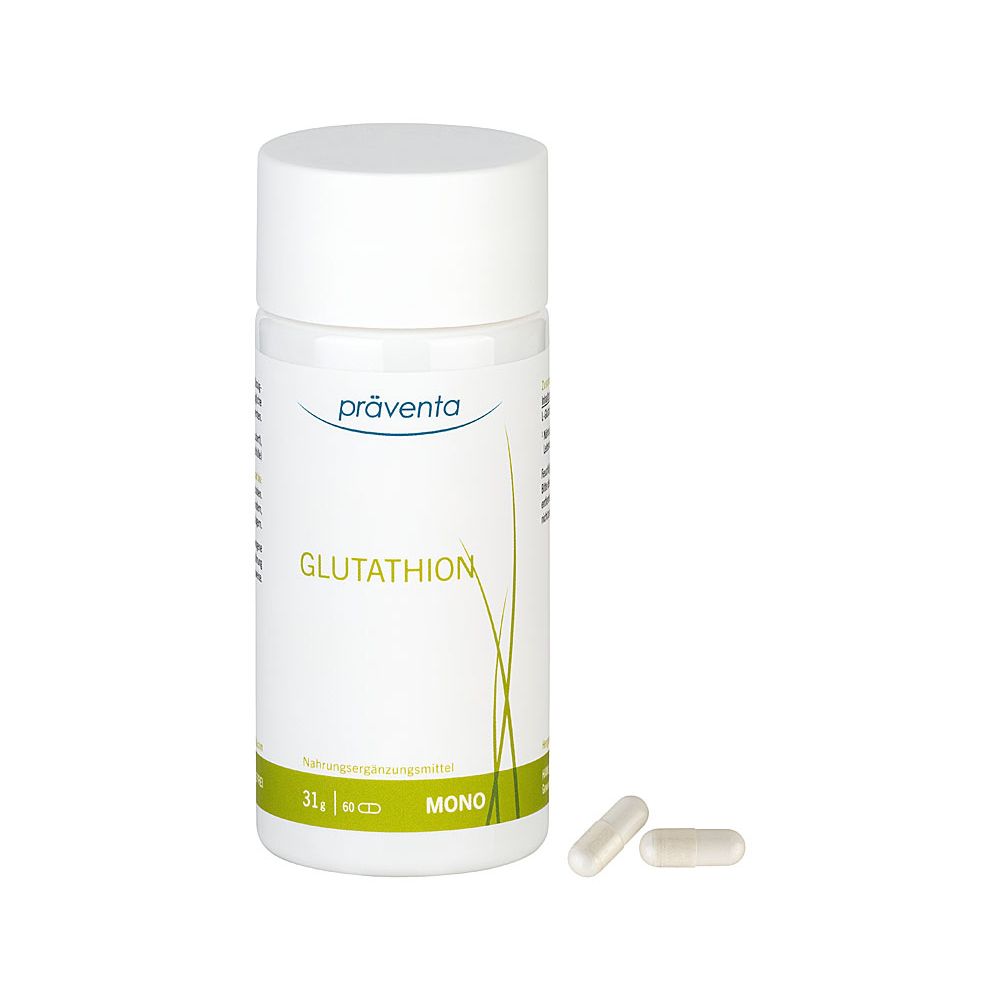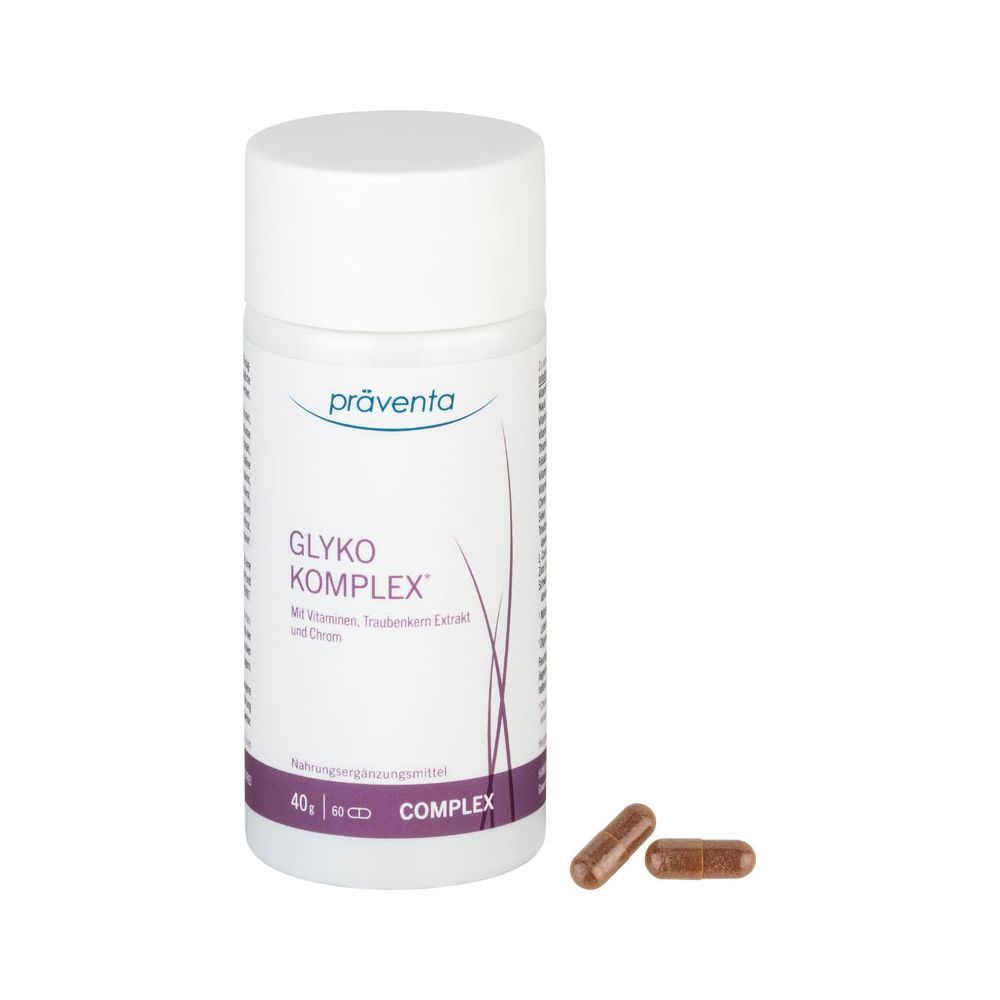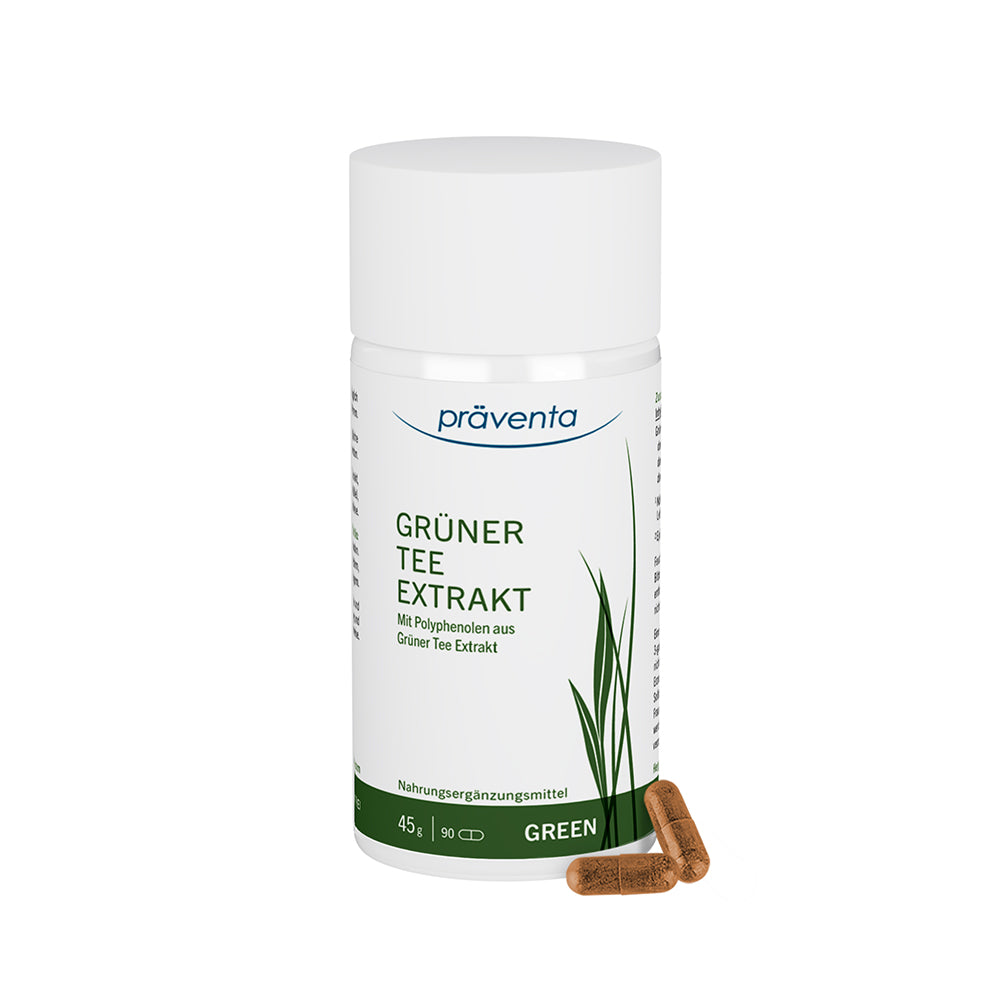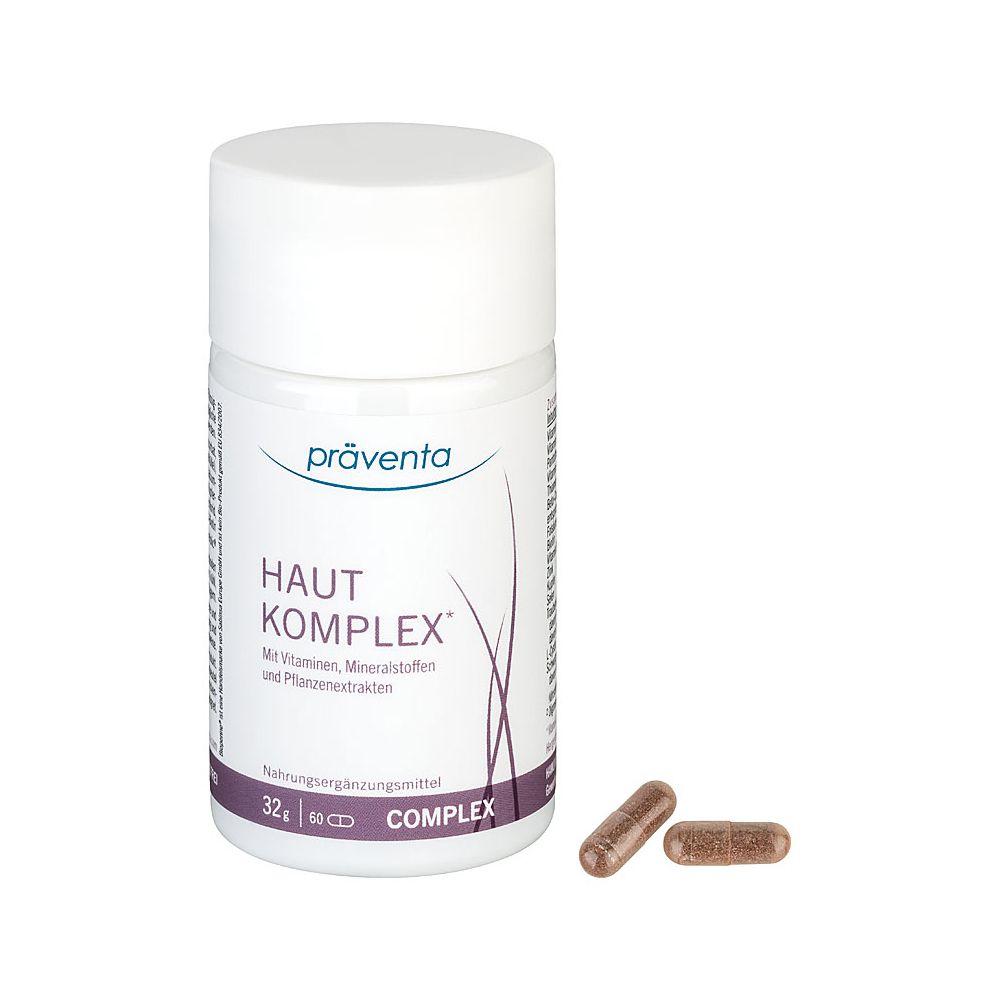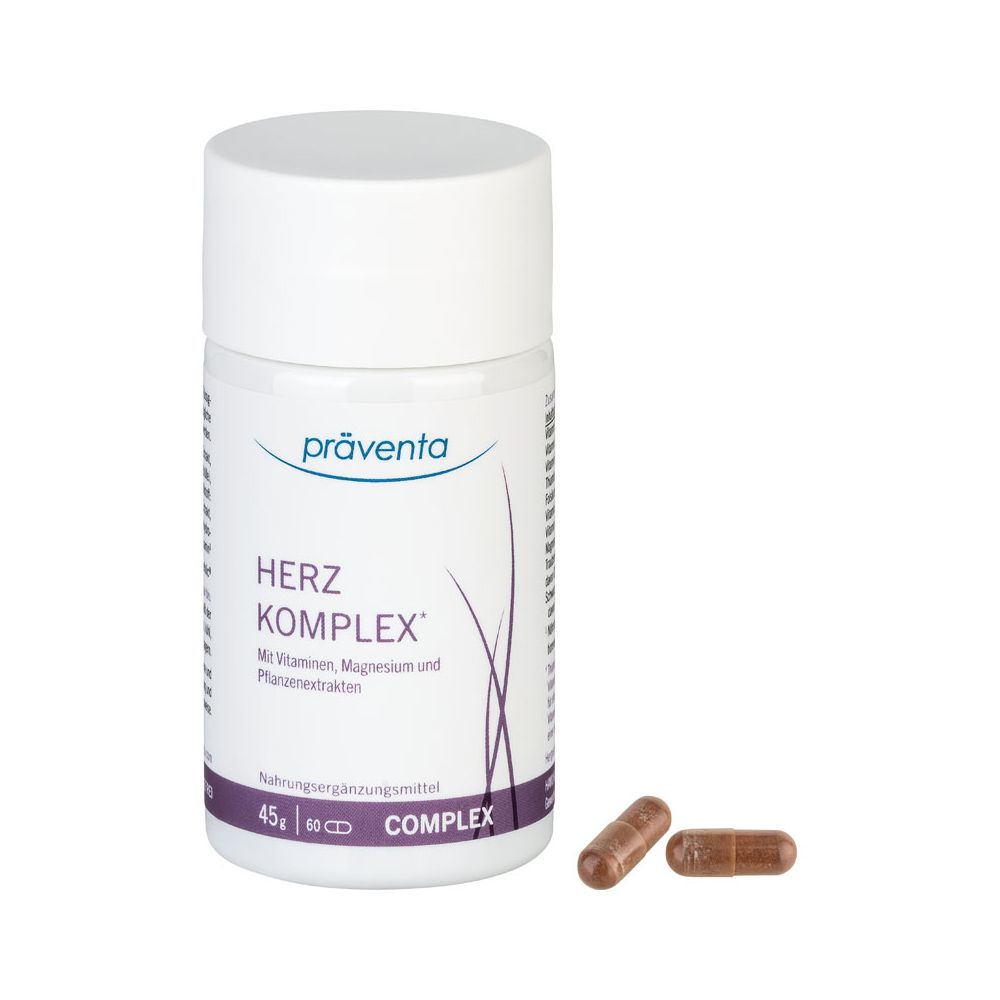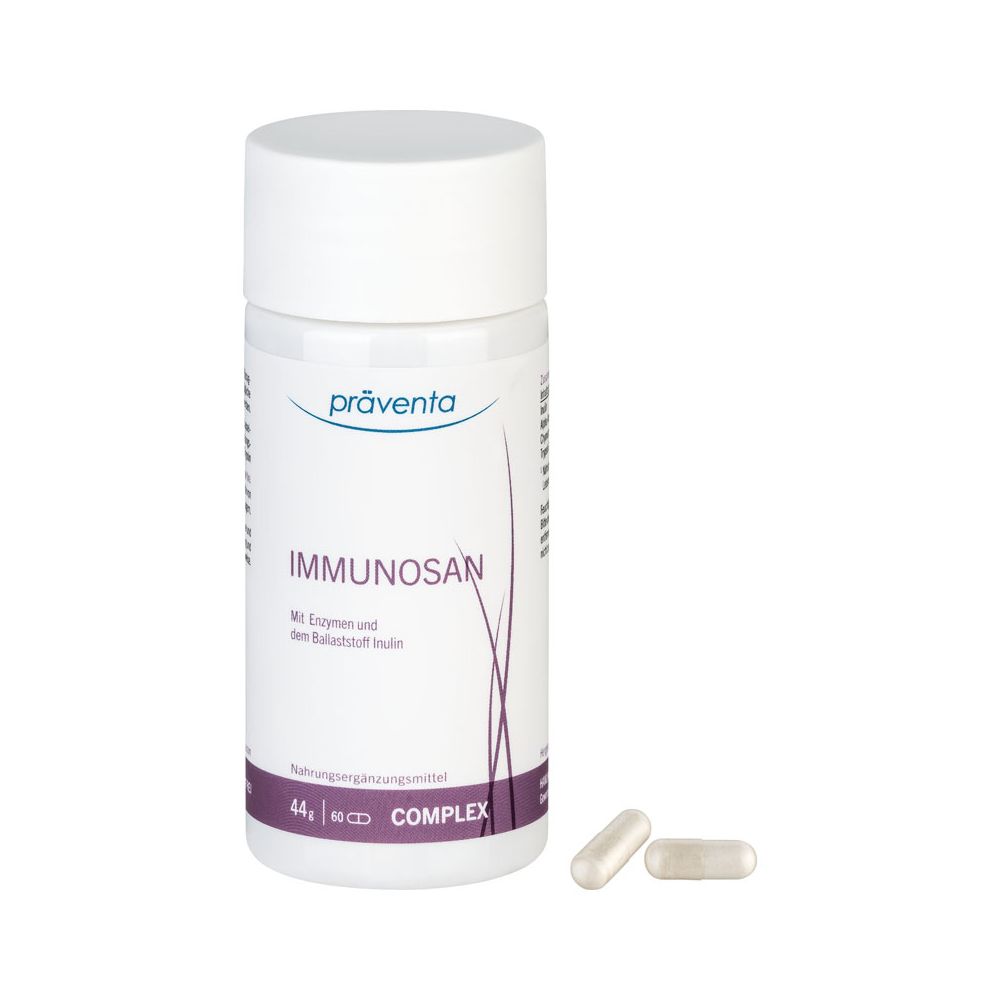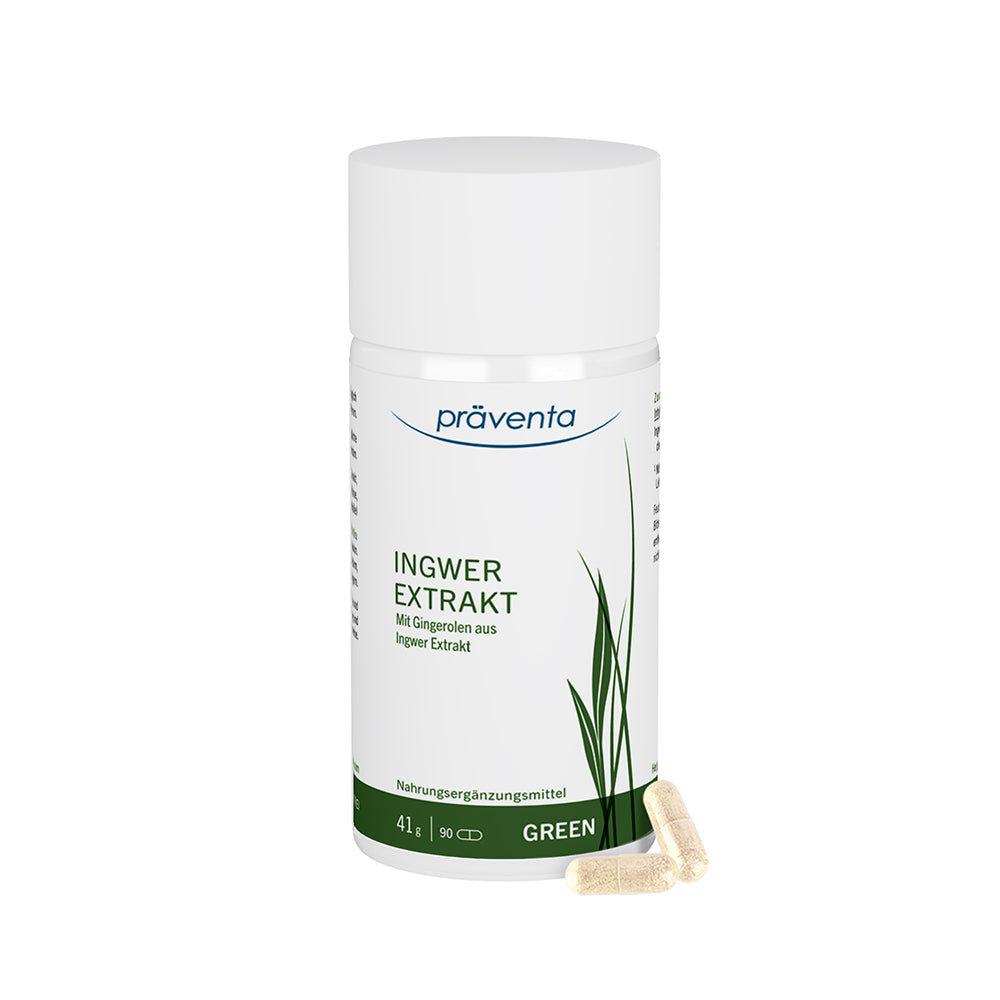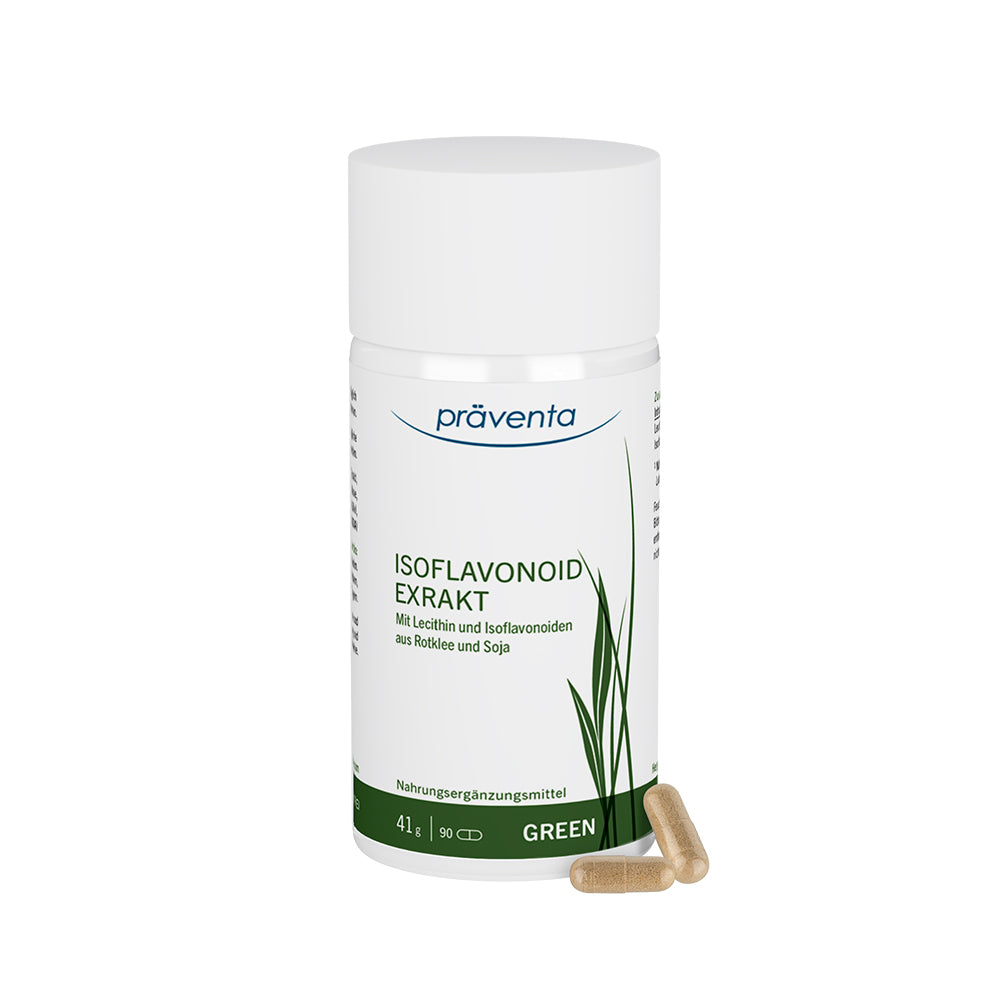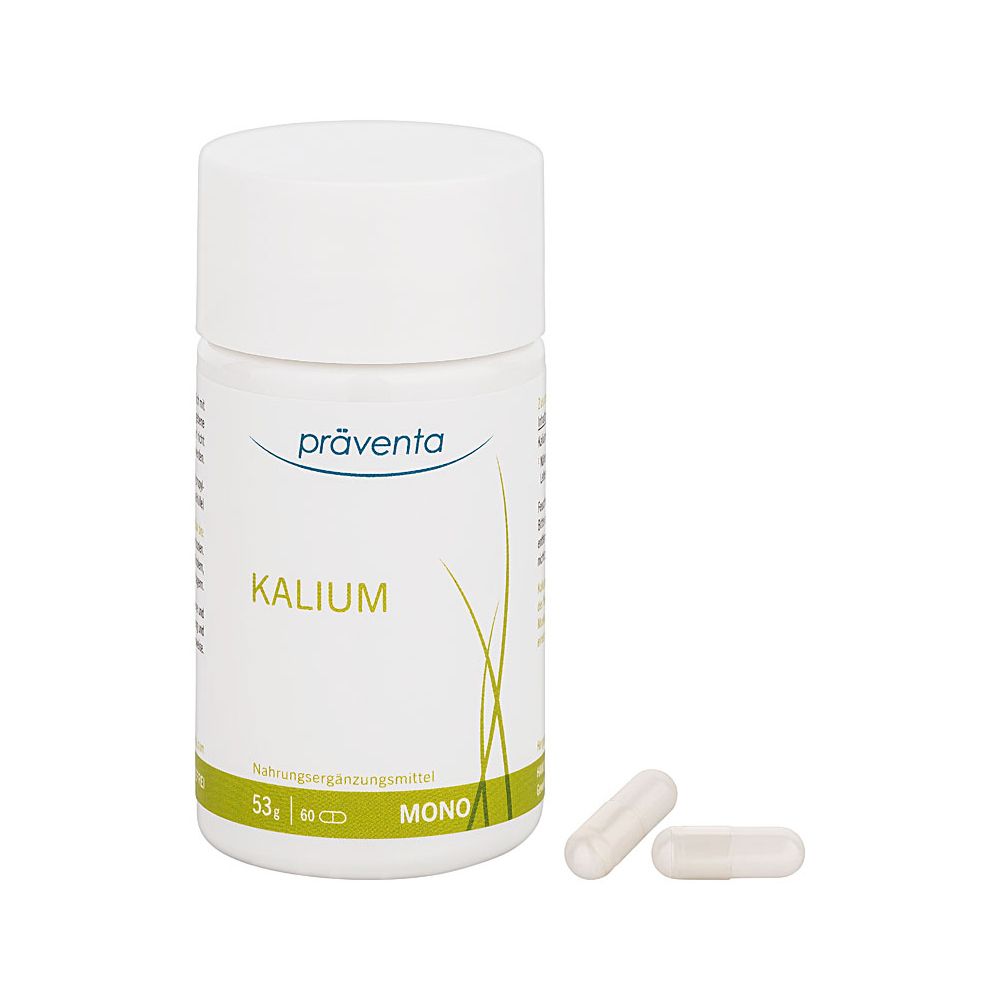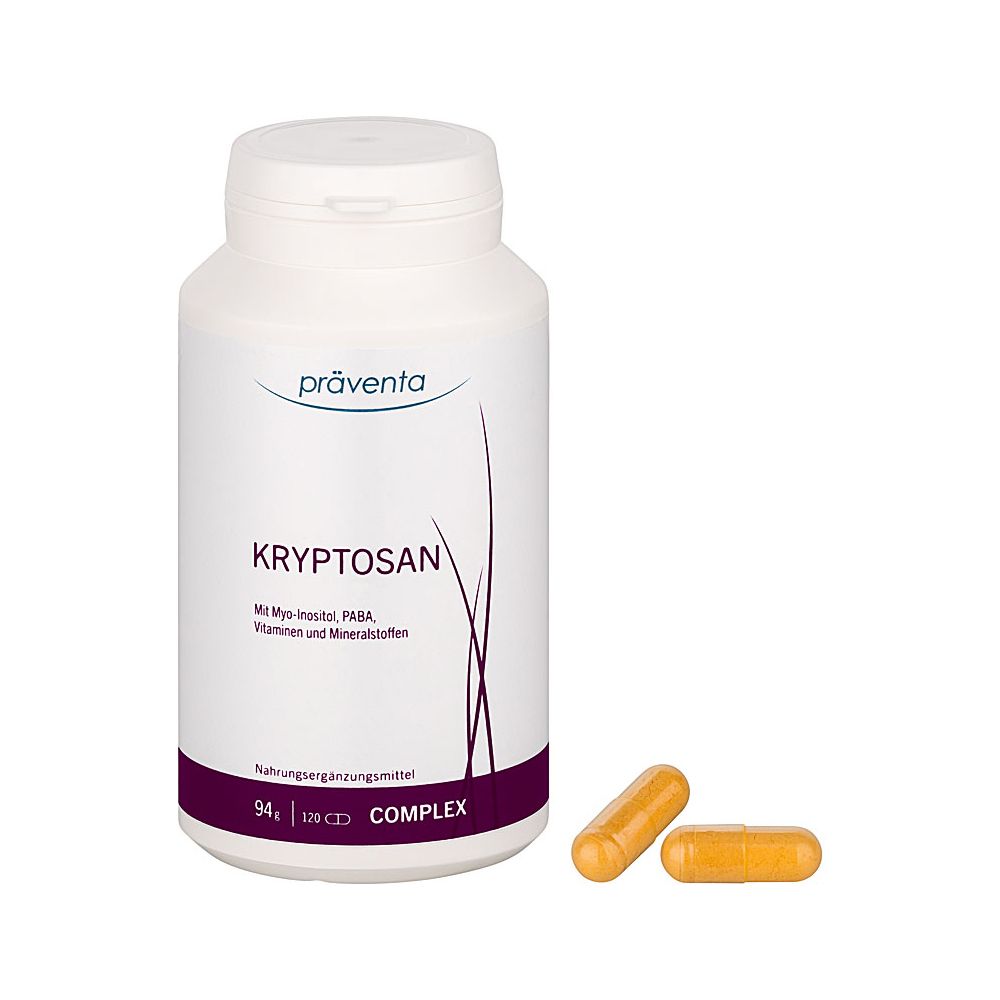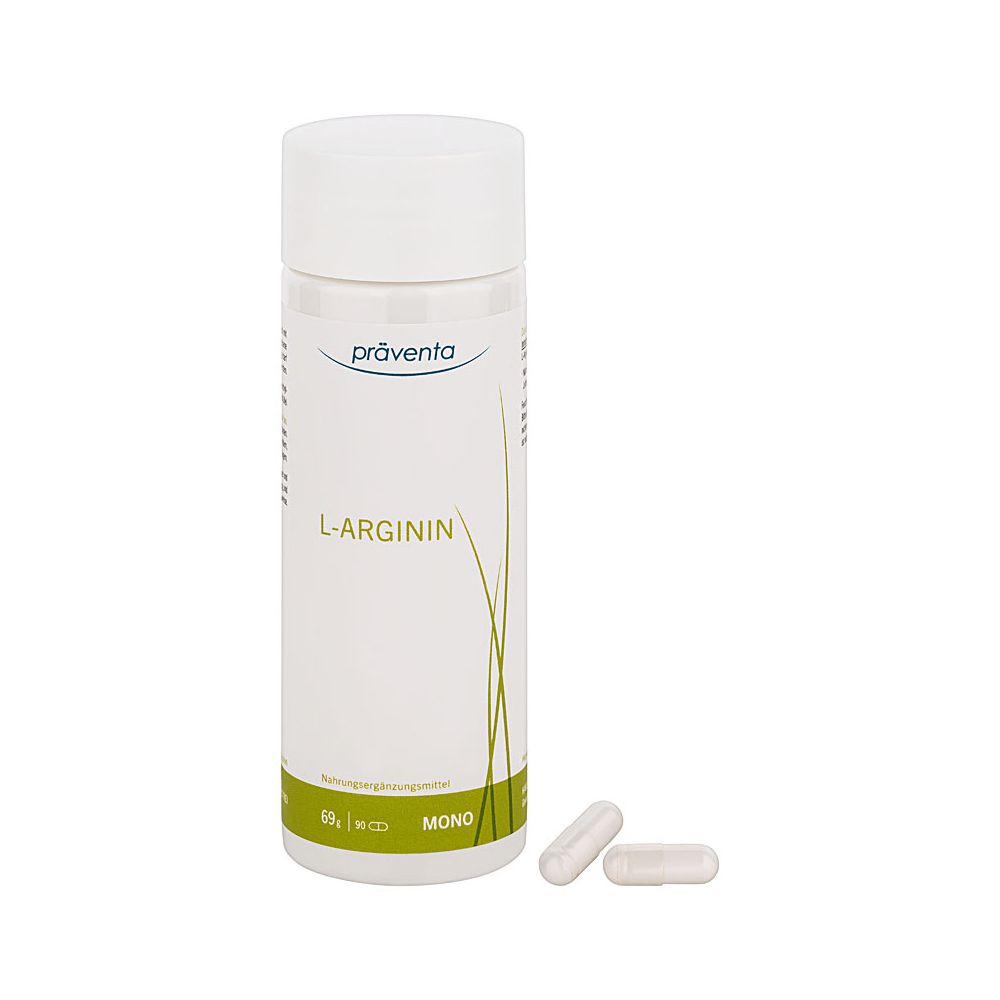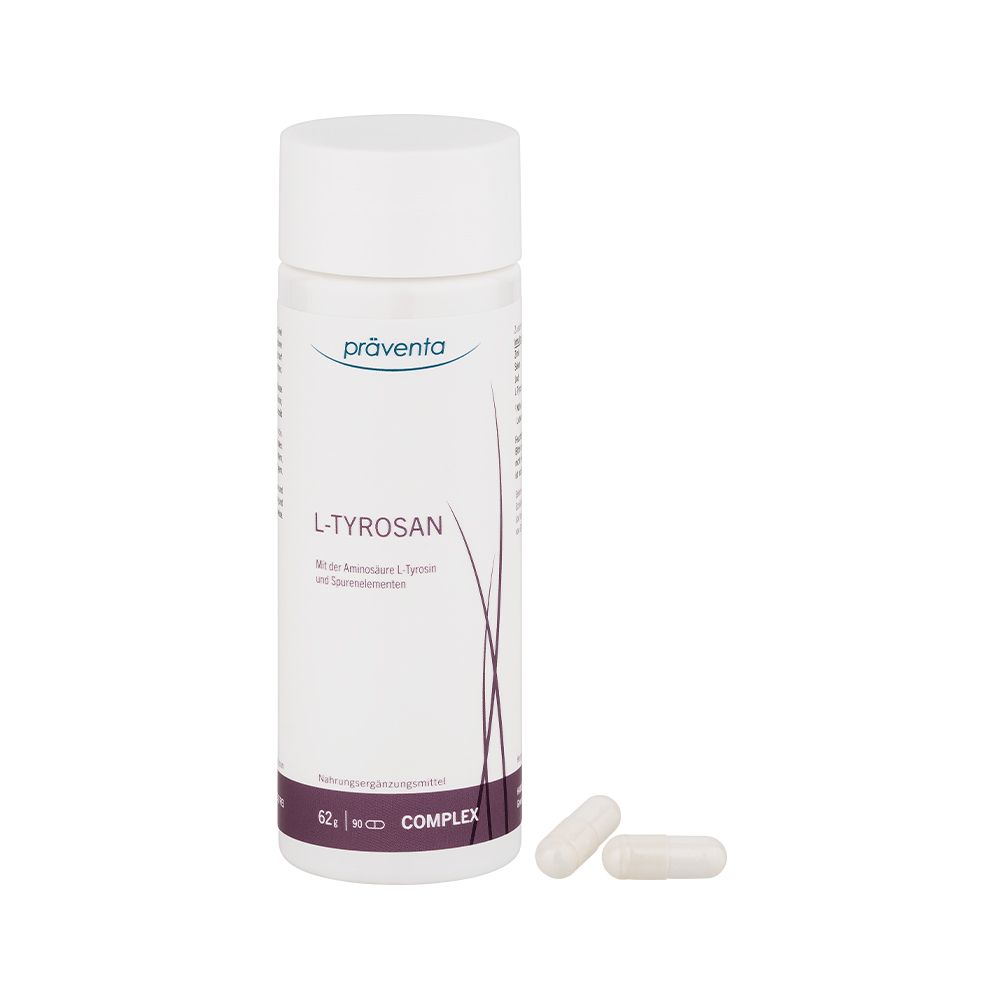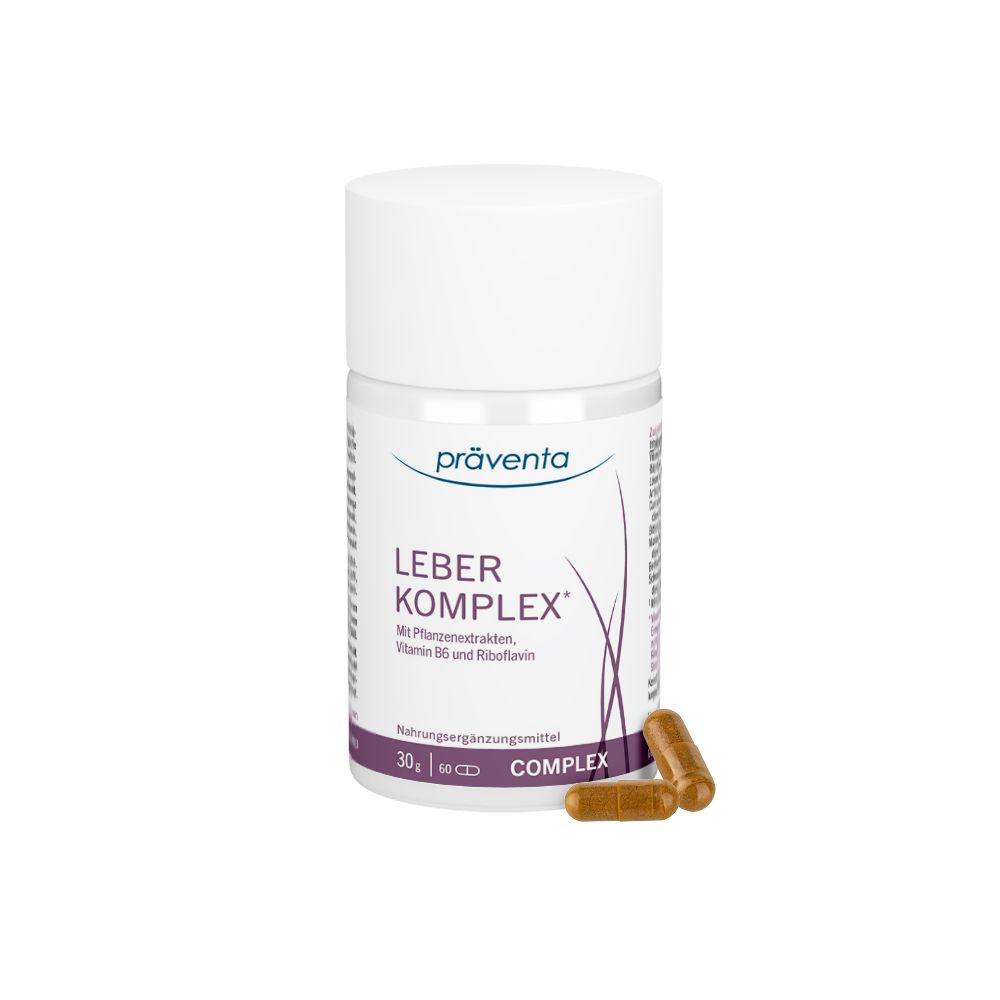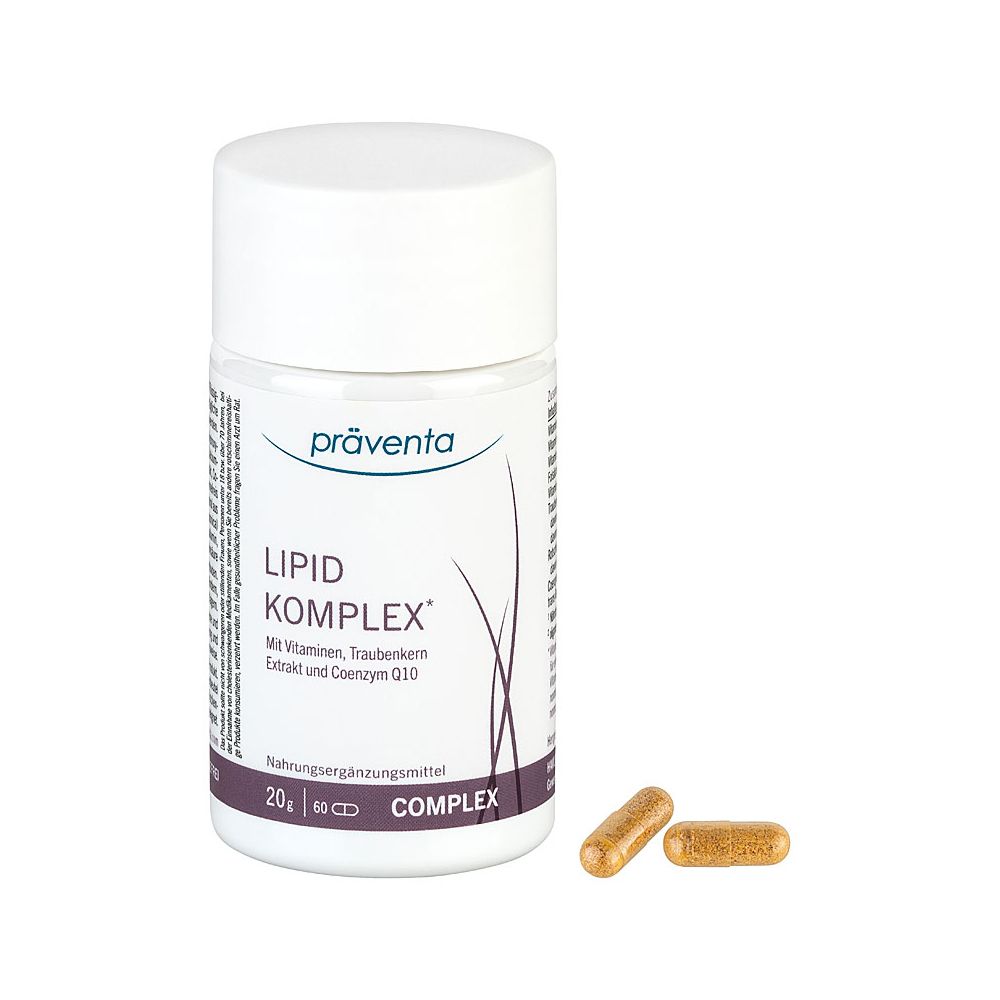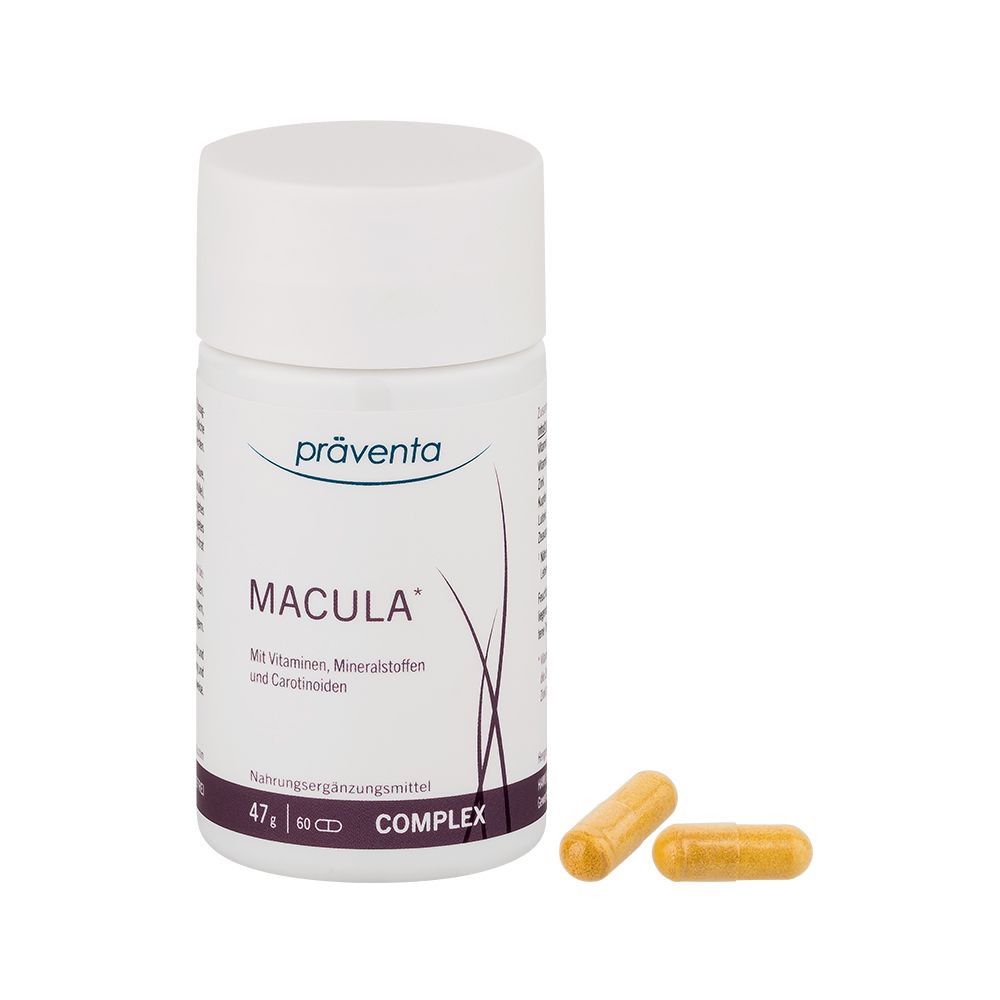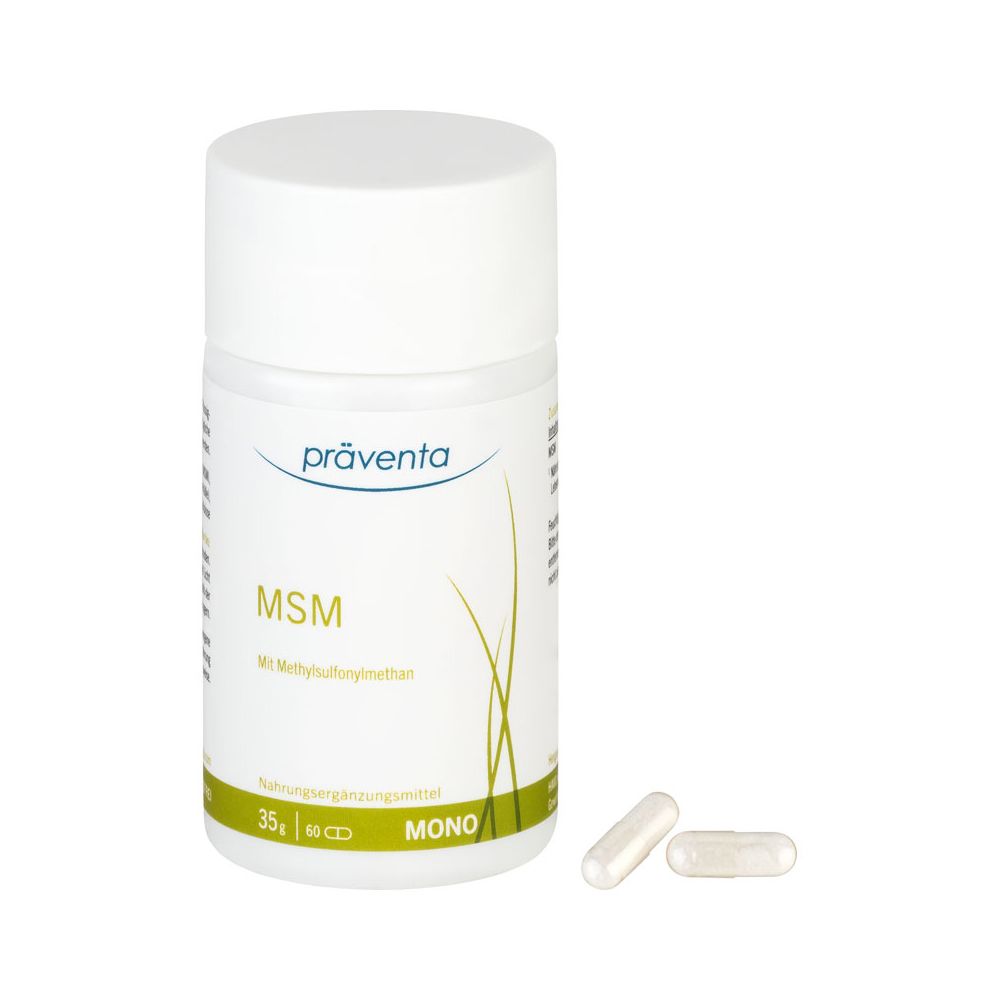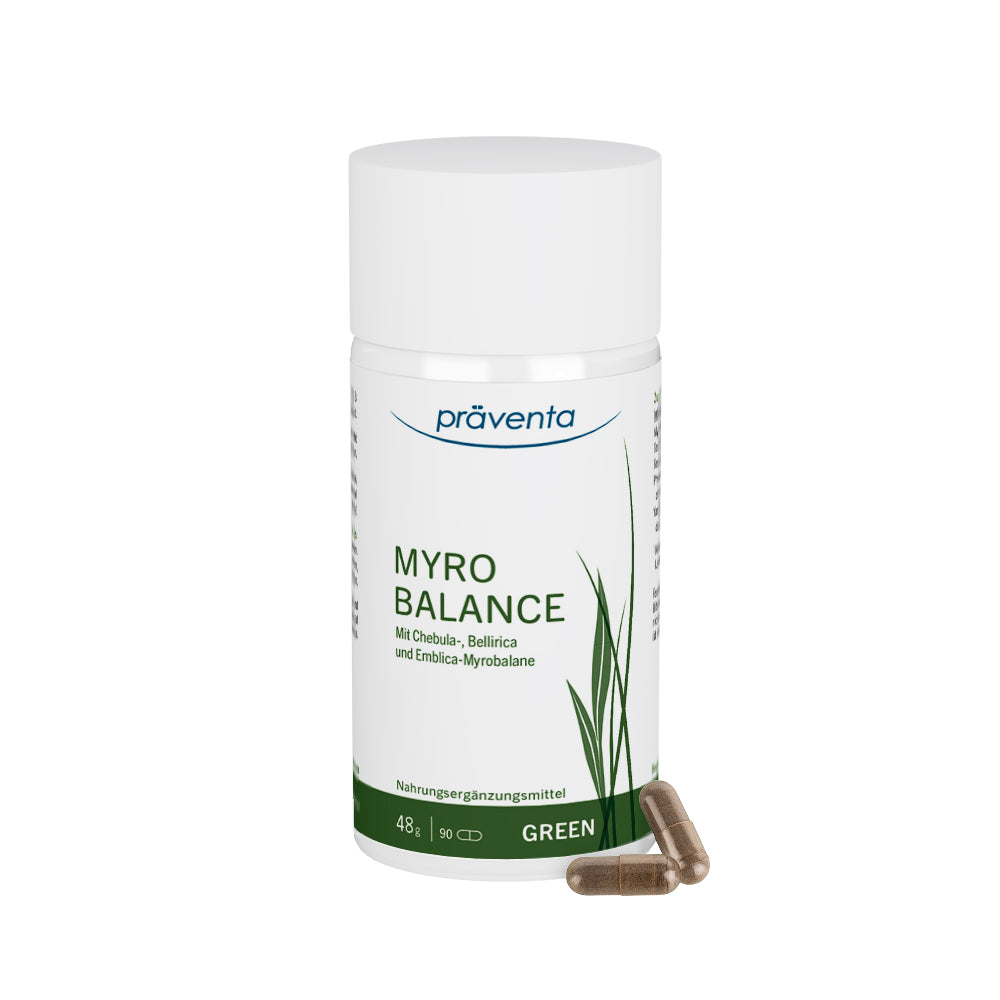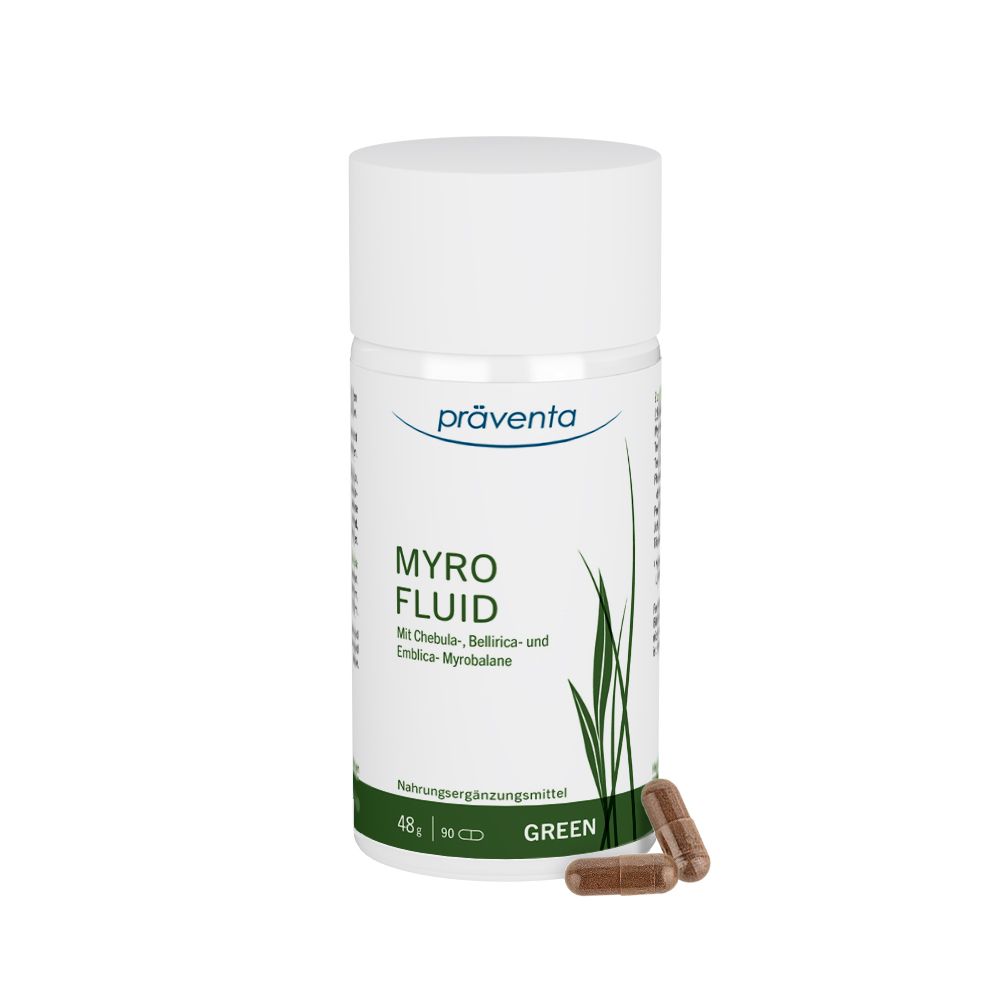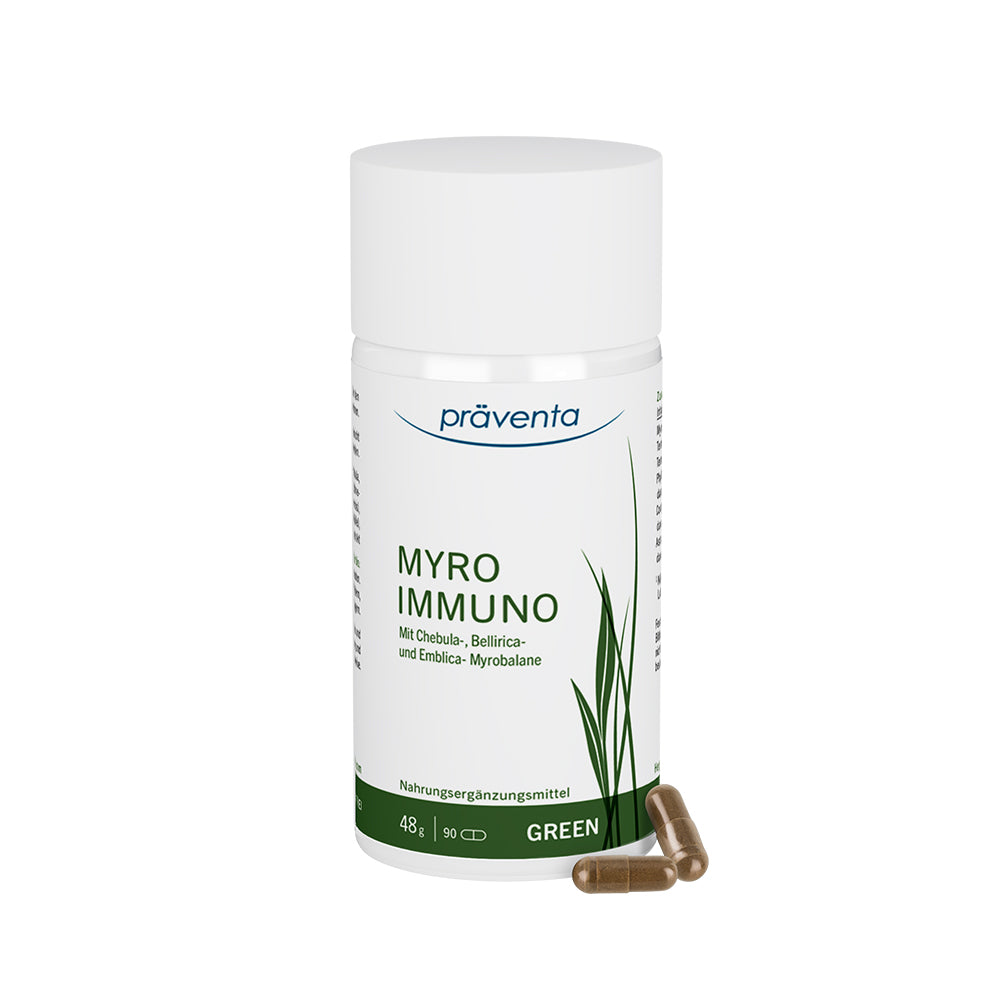All Präventa products are developed in collaboration with medical professionals and
Developed by health specialists. The proven recipes with high-quality micronutrients are manufactured in Austria under strict controls.
Our product series are tailored and developed to meet your needs for specific life phases. Präventa products
optimize and improve the personal nutrient balance so that the body receives the micronutrients it individually needs.
How do micronutrients and macronutrients differ?
Our body is an amazing miracle of nature. It works nonstop to convert food into energy, repair cells, and maintain vital functions. Whether we are active or resting, this process adapts to different needs. Whether active or resting, each necessary process is adapted to the respective situation. Normally, the body metabolizes efficiently and tirelessly. To function smoothly, however, it requires various substances that must be supplied to it on a regular basis. Chemical transformations are referred to as metabolism. All components of food are broken down, broken down, or converted.
Our food is broken down into tiny particles in the body, which are then transported via the bloodstream to every cell in the body. There, these substances are reassembled and serve as building blocks, allowing the body to release energy. Macronutrients and micronutrients are distinguished depending on the required amount.
What are macronutrients?
Macronutrients must be supplied to the body from outside. They provide the body with the energy it needs for all metabolic processes. Macronutrients are the basic building blocks of our food. They are used, among other things, to form important micronutrients. The body cannot produce these itself, or only in insufficient quantities.
The most important macronutrients (energy sources) are:
- Carbohydrates (sugar)
- Lipids (fats)
- Proteins
Because these substances are needed by the body in large quantities, they are called macronutrients (macro = large).
What are micronutrients?
Micronutrients are only needed in tiny amounts (micro = small); they do not provide energy to the body, meaning they have no calorific value. However, they are extremely important for many bodily functions, including metabolism, the immune system, and cell function (and structure). Micronutrients are essential substances that contribute to the optimal functioning of the nervous system and the proper supply of energy to the body.
Each micronutrient has a specific function that cannot be performed by other micronutrients. A lack of it can disrupt the harmonious balance and lead to health problems.
The body stores some micronutrients, but cannot store the majority. Therefore, it is important to ensure smooth functioning of the body to be well supplied on a regular basis.
What micronutrients are there?
Micronutrients can be roughly divided into 4 groups of substances:
- Vitamins
- Minerals
- Trace elements
- Secondary plant substances
Vitamins:
Depending on how the body absorbs, processes, stores, and excretes vitamins, vitamins are classified as fat-soluble and water-soluble. Most vitamins must be supplied to the body from outside, for example, through a healthy diet.
Important vitamins are:
Vitamins A, C, D, E, K, and the B vitamins. B vitamins consist of thiamin (B1), riboflavin (B2), niacin (B3), pantothenic acid (B5), pyroxidine (B6), biotin (B7), folate (B9), and cobalamin (B12). Vitamins A, D, E, and K are fat-soluble.
Minerals:
Minerals are vital, inorganic substances that the body cannot produce itself. Individually and in combination, they are essential for many bodily functions. Minerals (requirements over 50 mg per kilogram of body weight) are measured in grams or micrograms.
The most important are:
Chloride, potassium, calcium, magnesium, sodium and phosphorus
Trace elements:
Trace elements are tiny components of minerals. They occur only in trace amounts in the body and are needed only in minute quantities. Nevertheless, life would not function without them. Trace elements have very important functions in the body; for example, they play a key role in important detoxification processes.
(Requirements below 50 mg per kilogram of body weight, measured in milligrams or micrograms.)
The most important are:
Iron, selenium, fluoride, zinc, copper and iodine.
Normal diet? Or when do you need more?
Ideally, a healthy diet (through food) provides a sufficient supply of micronutrients. Depending on the stage of life and circumstances, intake can quickly become imbalanced. This can lead to increased demand. A prolonged deficiency can lead to health problems.
Times, phases and circumstances that indicate an increased need for micronutrients include:
- growth
- pregnancy
- sport
- Diseases
- Aging healthily
- Mental and physical stress
- stress
- Consumption of alcohol
- diet
- risk groups
Micronutrient analysis (blood test)
Your personal micronutrient balance can be determined through a blood test called micronutrient analysis. This test can be performed either by yourself or by a doctor. What blood tests are available?
Serum diagnostics:
Micronutrients present are measured in serum, not in the cells. This provides a good basic indication of the respective micronutrient content in the blood, but does not provide information about how many micronutrients actually reach the body's cells.
Whole blood analysis:
This examines the entire blood, including the blood in the cells. This can later be used to draw conclusions about how well the body's cells are supplied. A full blood analysis can pinpoint specific deficiencies.



